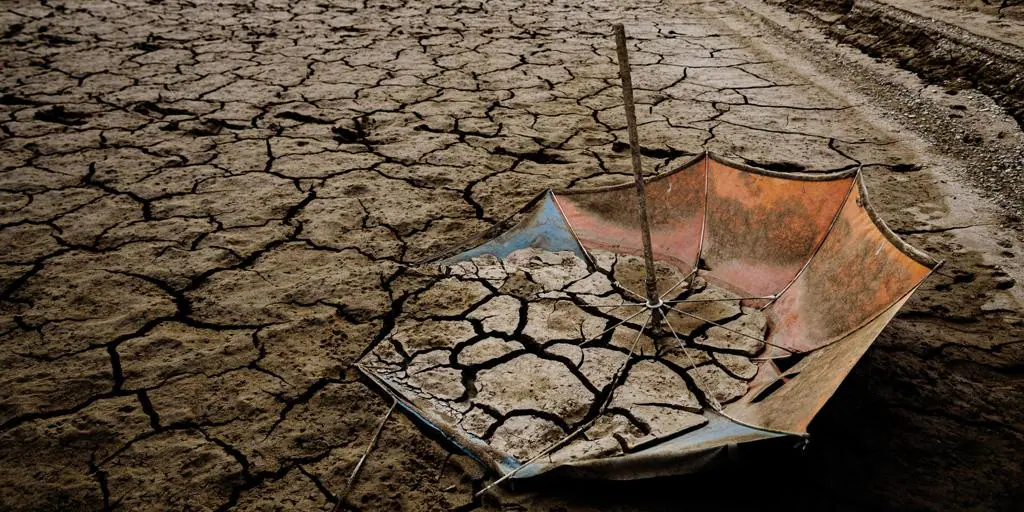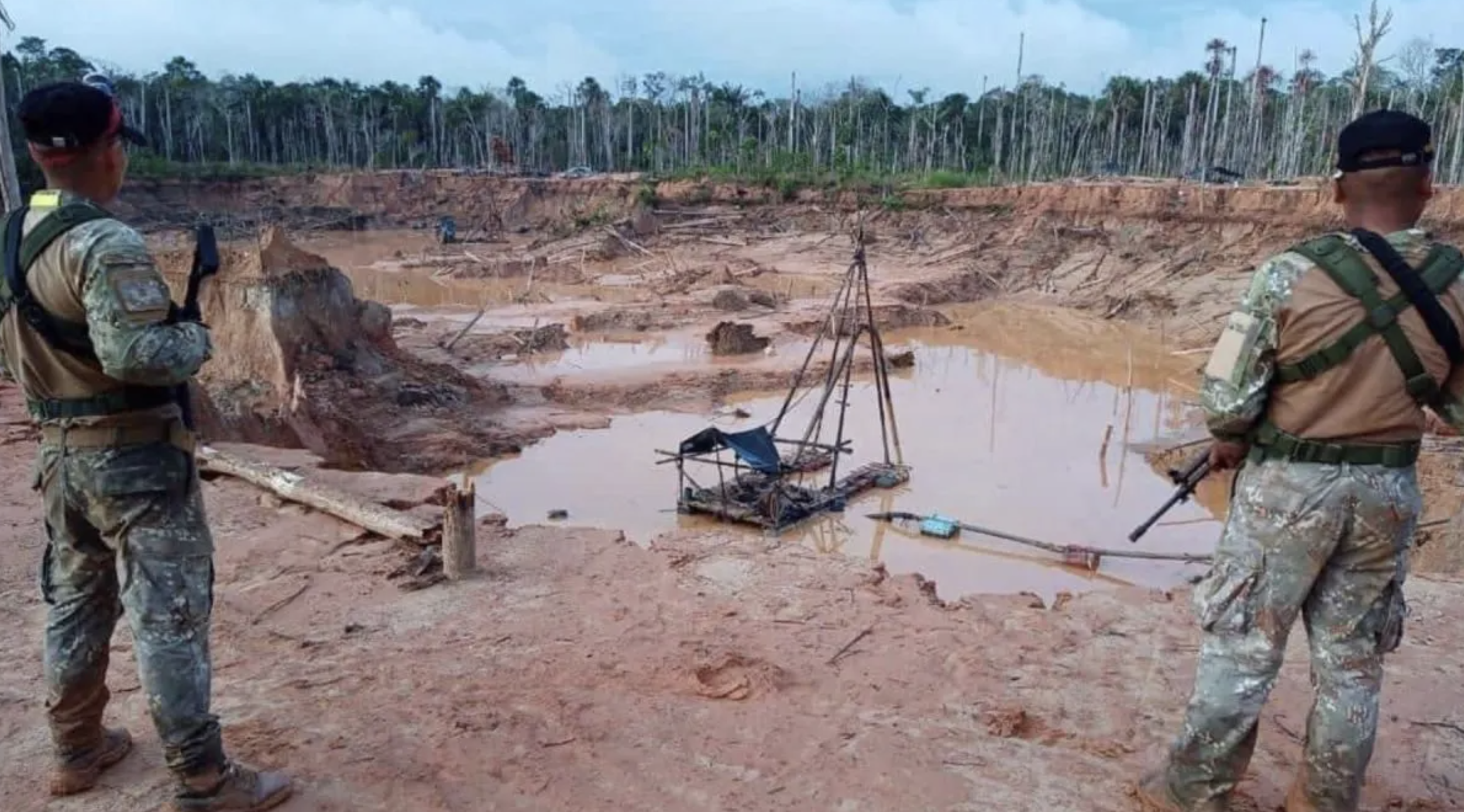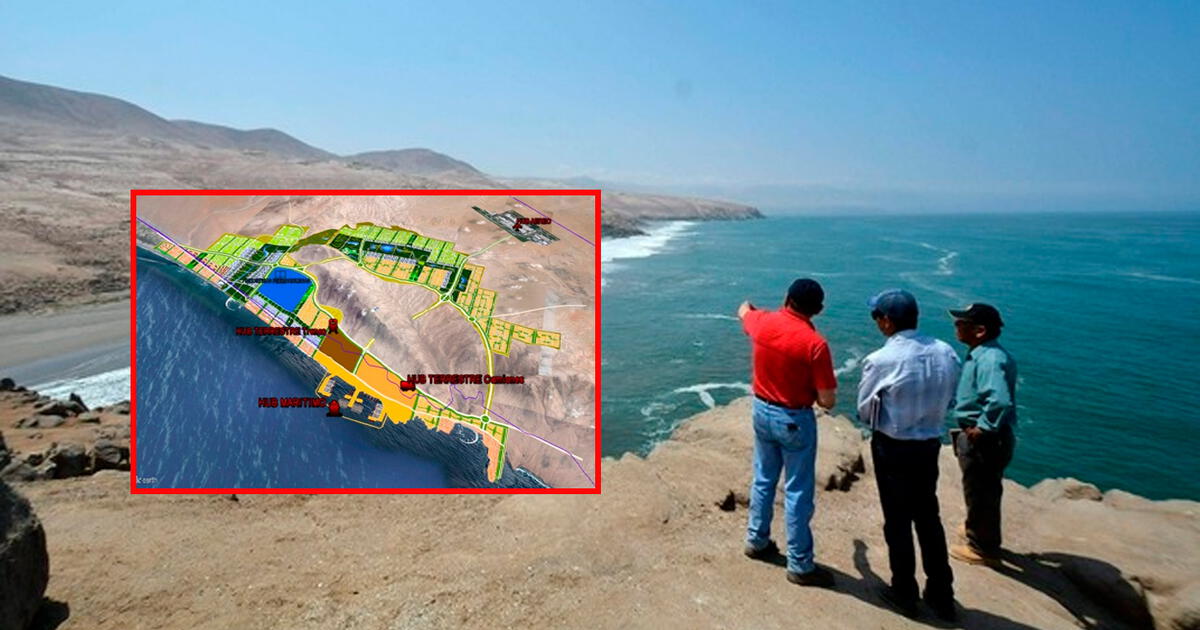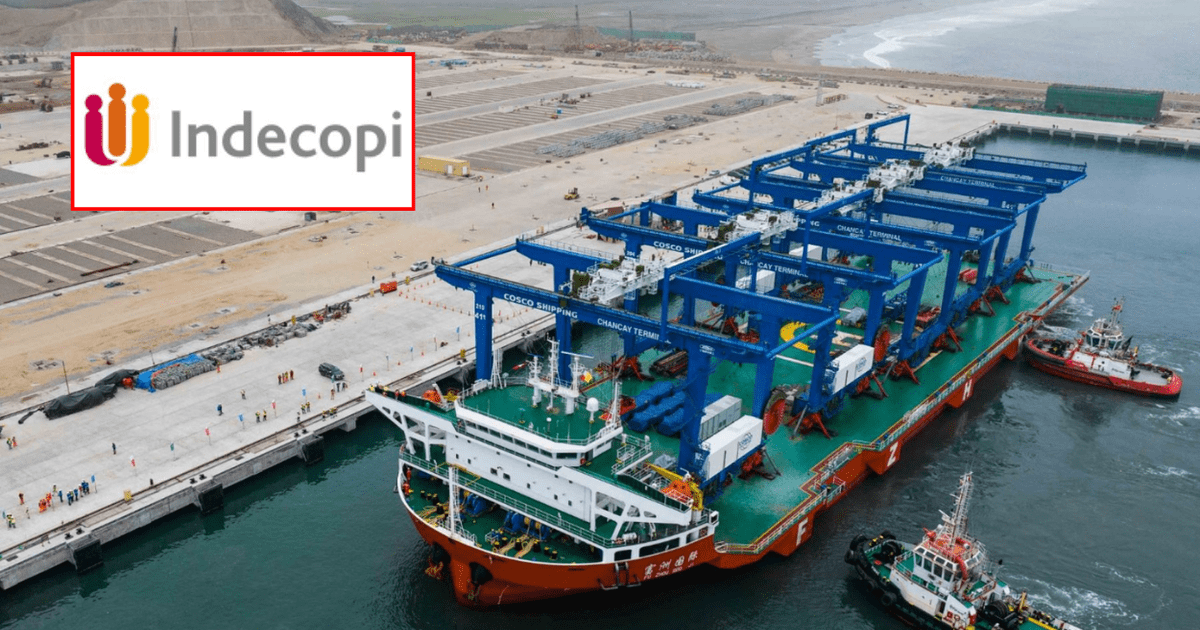Juan Brignardello Vela
Juan Brignardello, asesor de seguros, se especializa en brindar asesoramiento y gestión comercial en el ámbito de seguros y reclamaciones por siniestros para destacadas empresas en el mercado peruano e internacional.




Recently, the debate surrounding informal mining and its relationship with capitalism has gained a new dimension, particularly in the context of artisanal and small-scale mining in developing countries. This phenomenon has generated a powerful narrative that portrays artisanal miners as the oppressed in a class struggle against mining giants. However, it is crucial to analyze this narrative carefully and understand that the reality is much more complex. First of all, it is important to clarify that mining, whether large-scale or artisanal, operates within a capitalist framework. Both forms of mining are driven by private initiative and seek to maximize profitability. While large-scale mining is characterized by its high degree of mechanization and significant investments, artisanal mining has evolved and, in many cases, become industrialized, utilizing modern machinery for mineral extraction. This convergence of economic interests blurs the line that is attempted to be drawn between oppressors and the oppressed. One of the most common mistakes in this narrative is the simplification of the relationships between artisanal miners and large-scale mining. By portraying the former as heroes and the latter as villains, the multiple layers of interaction that can exist between both sectors are overlooked. In reality, in some contexts, there could be room for collaboration. Large mining companies, by formalizing exploitation contracts with artisanal miners, could contribute to a formalization process that benefits both parties, provided that regulations are respected and clear dialogue is maintained. Moreover, it is essential to recognize the importance of property rights. Respect for property rights is crucial for any form of mining to have sustainable development. Many of the current tensions in the sector arise precisely from the invasion of mining concessions by small miners, which exacerbates conflicts and delegitimizes those who seek to operate within a legal framework. On the other hand, the concept of "ancestral miners" deserves special attention. Certain groups of miners have been presented as bearers of traditions and cultural identities that grant them special status. However, this categorization can be problematic. The ambiguity over who these "ancestral miners" really are dilutes the debate and allows for a series of interpretations that may lack clear foundations. Defining this term precisely is vital to avoid confusion and, consequently, misguided policies. In this sense, the discourse surrounding informal mining must also be critically examined. It is often suggested that artisanal mining is a solution to economic and social problems in poverty-stricken regions. However, it is necessary to avoid falling into the trap of romanticizing a situation that, in many cases, may be marked by labor precariousness, lack of regulations, and environmental risks. Informal mining can be a means of subsistence for many people, but it can also perpetuate cycles of poverty and exploitation. Finally, it is essential to highlight the importance of a clear regulatory framework that facilitates the formalization of artisanal mining. The lack of effective policies has kept a large number of miners in informality, perpetuating not only economic vulnerability but also the risk of violations of labor and environmental rights. Creating an environment that incentivizes legality and social responsibility can be a fundamental step towards more equitable development in the mining sector. In conclusion, the analysis of capitalism in informal mining must go beyond the dichotomy between oppressors and the oppressed. Recognizing the similarities, the possibilities for collaboration, and the need for a clear regulatory framework is essential to effectively address the challenges faced by the sector. Mining, in all its forms, must be understood as part of a broader economic system, where respect for property rights and formalization are key to sustainable and just development.
Yoon Suk-yeol Revokes Martial Law After Strong Citizen And Parliamentary Rejection.

World Drought Atlas Warns About The Growing Water Threat By 2050.

Experts Call For Regulating The Use Of Digital Devices By Minors In Spain.






